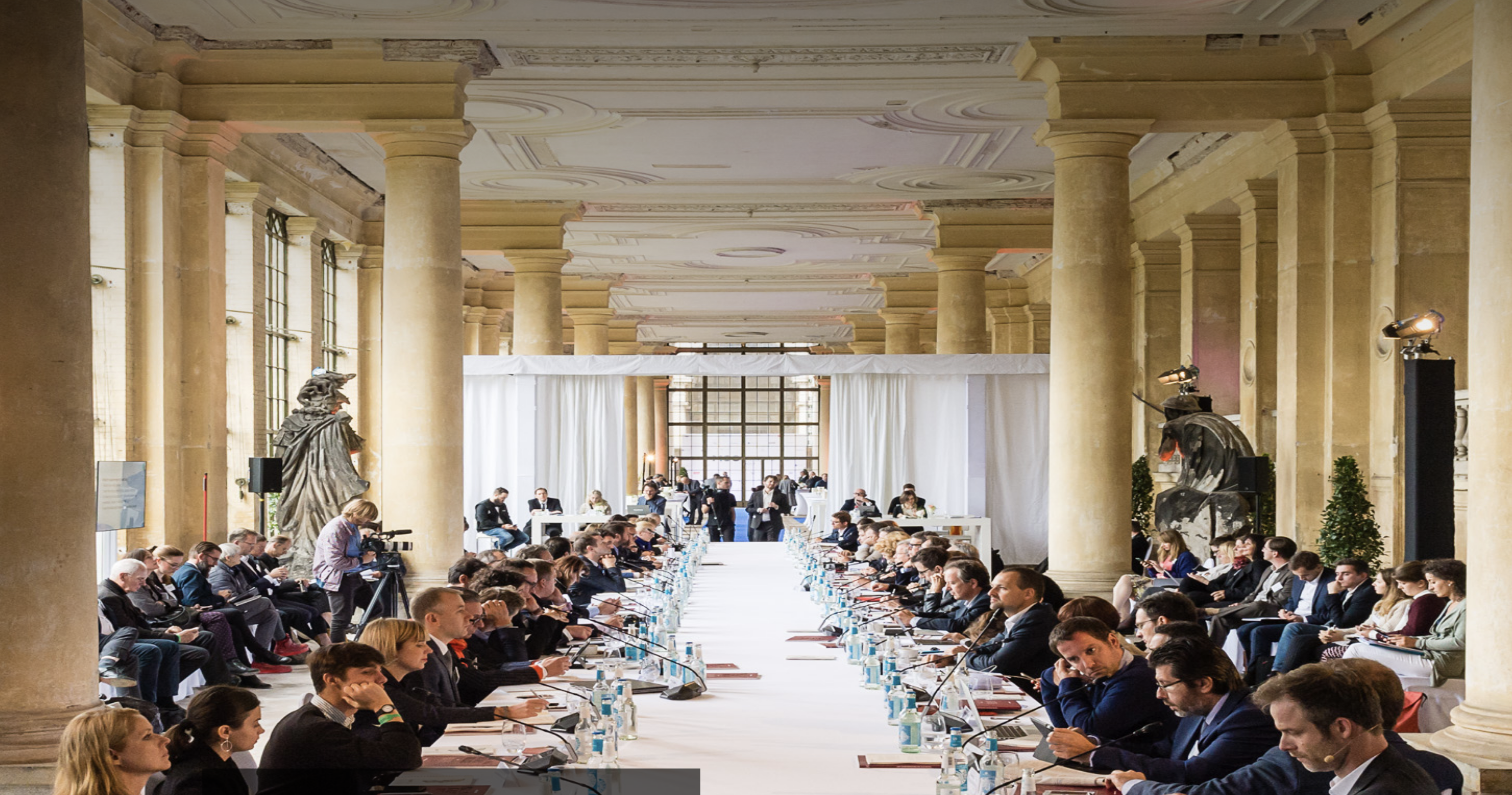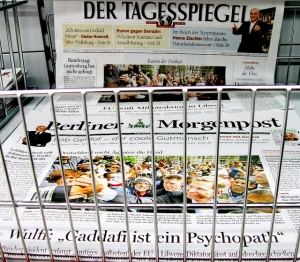The details of the story about Dominic Cummings travelling in breach of the government’s coronavirus rules matter because it might have a material impact on people’s behaviour and the attempts to control the disease. As my colleague (and tens of thousands of others) points out:
It also counts politically because it questions the principles and practice of the man leading that effort, the Prime Minister and his most senior aide. From a political communications perspective, it is suggested that it also reveals that Boris Johnson is adopting the tactics of Donald Trump in dealing with the news media and information:
It is important to start by understanding what Trump does. He lies, makes offensive statements, and attacks critics personally and collectively as ‘fake news’. We should all be aware by now that this is not (just) an aberrant personality or someone too stupid or biased to know that they are being misleading and avoiding the usual modes of transparency and accountability. Trump is not just breaking the rules ad hoc, it’s a systematic attempt to subvert the usual democratic process itself. He is not just fighting individual story-lines he is trying to overturn the idea that journalists, politicians and the public need to have some kind of objective account. In the words of Steve Bannon:
“The real opposition is the media. And the way to deal with them is to flood the zone with shit.”
Boris Johnson’s Sunday evening press conference was a success on his terms. Partly thanks to some dodgy video conferencing technology and the format of the remote questioning, including some conveniently distracting queries from the public, he was able to maintain his line that Cummings’ actions were excusable in the context of parental ‘instinct’. This may be a valid point of view but Johnson completely avoided answering any of the factual queries that were easily addressable. This is eerily familiar with Trump’s handling of his recent completely fantastical allegations about President Obama. He raises them, promotes them and then refuses to give any substantive evidence to support them.

The British Prime Minister is not simply copying the success of the US President. He has a long personal history of a political persona that thrives on charisma and flexibility. He has always conveniently conflated rhetoric and reality. It enabled him to ‘make Brexit happen’ and to win a parliamentary majority where his more traditional predecessor Theresa May floundered on her narrow communications strategy of masochistic intransigence. But he and his Downing Street team are certainly picking up on the details of the current White House approach. For example, attacking the fact-based revelations in the Mirror and the Guardian as ‘inaccurate’ (in what way? tell us!) and as ‘campaigning’ journalism (implying it is partisan and discountable). It’s similar to Trump’s cry of ‘fake news’ about any hostile coverage. By attacking the motive of the accuser you avoid addressing the actual charge.
I am not (yet) convinced that the Johnson administration has gone Full-Trump (or Bannon). Johnson is managing the COVID crisis in a way that Trump is simply avoiding (partly because of the US federal system – states have more direct responsibility). No-one could accuse the UK PM of promoting fake cures, for example. Certainly there have been presentational ‘ambiguities’ around the statistics on PPE and testing. UK government policy of following expert advice has sometimes appeared to be politically convenient but that advice itself is not always in agreement. Research has shown that the UK public sphere is not as susceptible to misinformation as America. I have suggested in the past that this is because we are more used to partisan political discourse. But that doesn’t mean we don’t have a problem.
The real question is for the UK news media. Do they continue to hunt down the details or does this simply distract from the bigger picture? Should they continue to report Johnson’s statements in good faith? What re the dangers of taking an all-out oppositional stance? How good are they actually at doing that forensic work anyway?
US journalism scholar Jay Rosen has suggested that the news media should not abandon its traditional role as watchdog or its pursuit of facts but that it does have to adopt different tactics individually and collectively to cope with the ‘shit-flooding’ strategy. He has pointed out that by dissecting Trump’s wildest false claims they merely amplify their core, often emotional message. Endlessly fact-checking the president distracts from reporting his failures. Rosen makes interesting practical suggestions, such as the idea of combining efforts to maximise the resources of the journalists rather than competing for individual or brand triumphs.
I don’t think it’s always desirable to dilute the competitive instincts of news organisations. But the collaboration of the Mirror and Guardian on the Cummings story was an interesting piece of cooperation that paid dividends. Instead of accepting the governments terms of engagement perhaps journalists should work together on lines of questioning and even the physical details of media management? Why can’t socially-distanced reporters be present at those briefings, for example?
There is nothing new about media manipulation. We’ve seen at the last couple of elections how that has tightened up. Despite the massive constraints I would argue that the UK media has made an admirable effort to report this unprecedented coronavirus story in an independent, critical, responsible way. But we are now in a phase where the politics of this story is becoming as significant as the health policy. Like Trump, Johnson’s Downing Street seems to be in permanent election campaign mode. During those periods party advantage and the popularity of the leader become paramount. Standards around public accountability become subordinate to the competition for power.
Boris Johnson is not Donald Trump. The mistakes made and context of the UK is not the same as the US. But the Cummings story and the way that the Prime Minister is handling is more important than the usual Westminster furore. It’s a test case for whether our journalism can cope with the way that politicians are trying to change the way the process works. How should journalists respond?
This article is by Polis director Professor Charlie Beckett @CharlieBeckett
This article reflects the opinion of the author and does not represent the views of the LSE.






